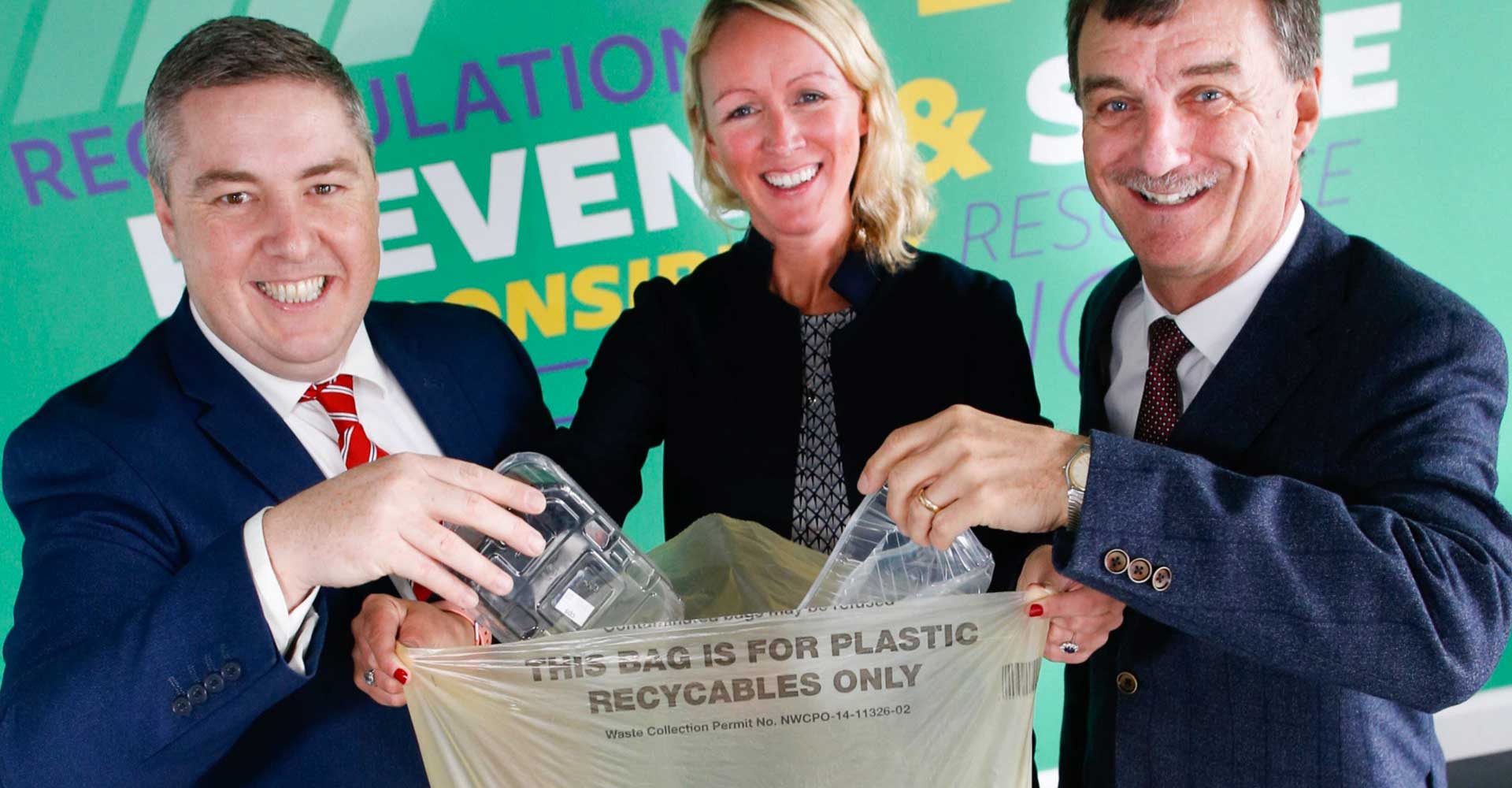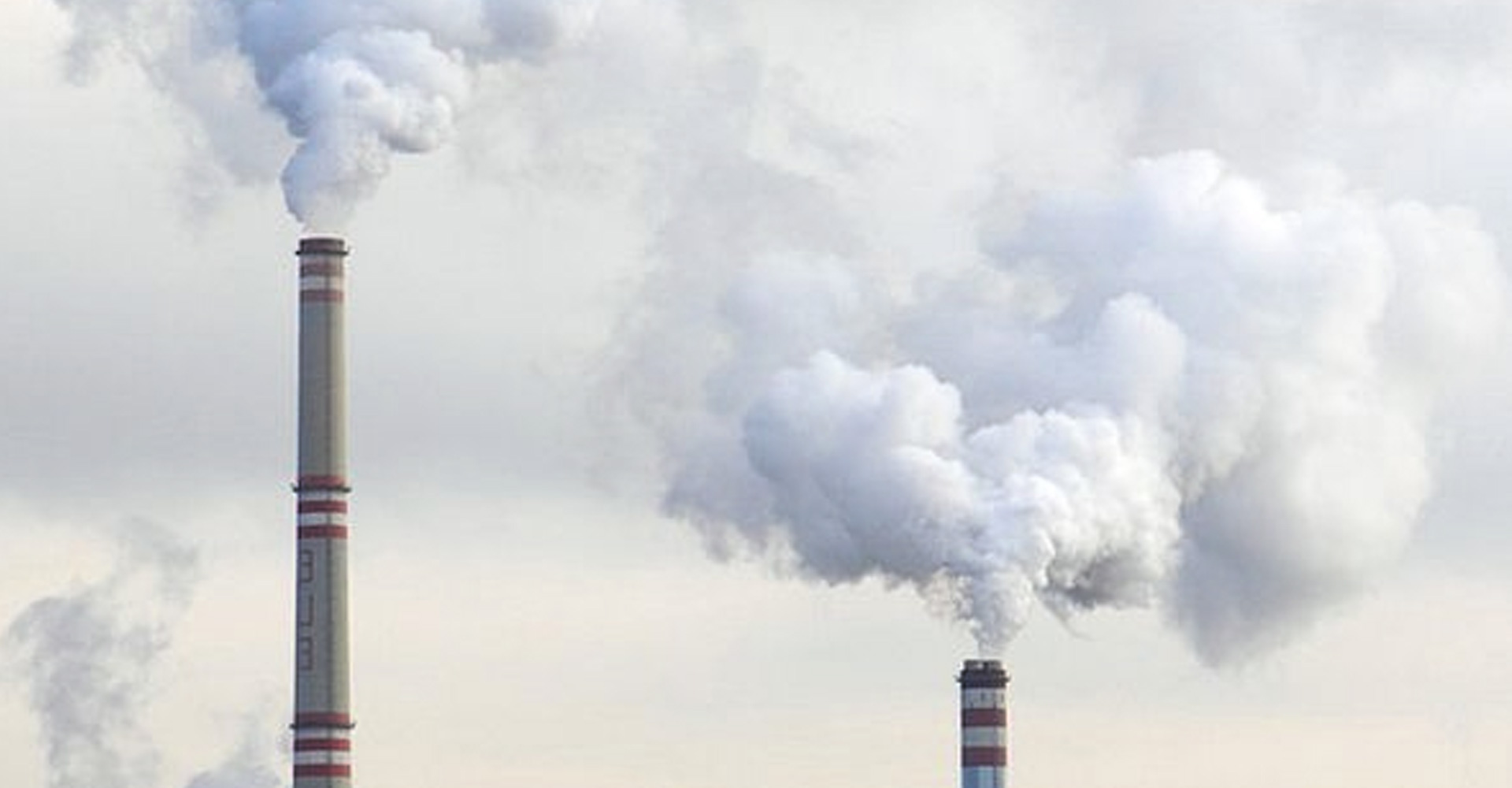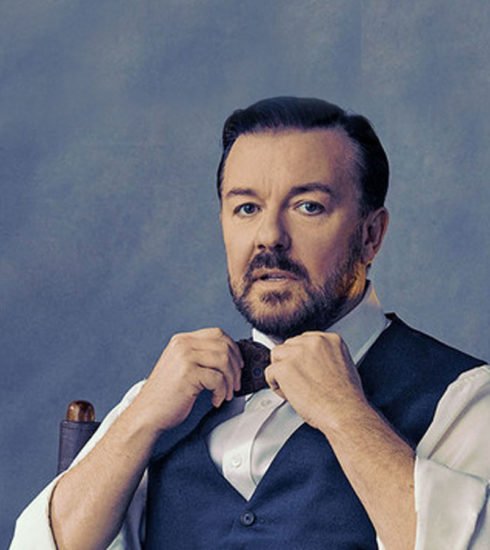Coronavirus V’s Climate Change
As the Coronavirus situation grips the world, many are asking why there is such urgency across the globe about this – and not about the broaching effects of climate change.
As we stock up on disinfectant wipes, buy up every surgical mask available and watch the news every evening to see what the latest situation is, there is a feeling from some environmentalists that we just don’t see the same urgency when it comes to the planet.
According to Kevin Green, vice president of Rare and head of the organization’s Center for Behavior and the Environment in the States….the difference between the two crises, and our response to them, is that humans prefer to tackle things that are proximate and urgent.
“Climate change feels distant. Our human brains aren’t perfectly equipped for a challenge like this,” Green said, speaking in Chicago at a recent climate change forum hosted by Spertus Institute.
Warning people about the end of nature, or ticking off statistics about melting glaciers and disappearing species of insects in the Amazon doesn’t play to our strengths, he said. “Facts often don’t change people’s minds.”
Behavioral economist Katherine Milkman, also a panelist at the Spertus forum, talks about the issue of “present bias. She described this as humans’ tendency to make decisions in the moment, focusing on “what will bring me pleasure right now.” It’s an instinct that keeps people from opting for choices that could help combat climate change in the long-term, but are inconvenient in the here and now.
So, what does this mean for how we think about our planet and climate change – do we care?
As self-centered as humans can sometimes be, we’re also social creatures and are wired to care about what other people think of us.
So, back to the Coronavirus. It is suggested that maybe the same level of peer pressure that makes us cough into our tissues (or elbows) instead of our hands, could be used to put pressure on people to think about climate change. Studies have shown, for example, that if people are aware of how much energy their neighbors are conserving in their homes, they’ll copy them.
The key is to make these behaviors observable. You have to be seen doing it. Because if no one sees you recycling your plastics, did you really do it?
We also really like to brag, a famous American podcaster ‘Milkman’ has said, so this can help to give people opportunities to show off.
Another difference between Coronavirus and climate change, Milkman said, is the way we respond to “exemplars.” It’s more powerful, she said, to have identifiable victims; we’re far more likely to be moved by humans being infected with and dying from a virus than caring about an ice shield in Antarctica.
“We have to think about how to make [climate change] more vivid, more real,” she said.
This article was brought to you by Patti Wetli, WTTW
Header image courtesy of Neil Moralee, left, Anna Maria Liljestrand / Flickr





